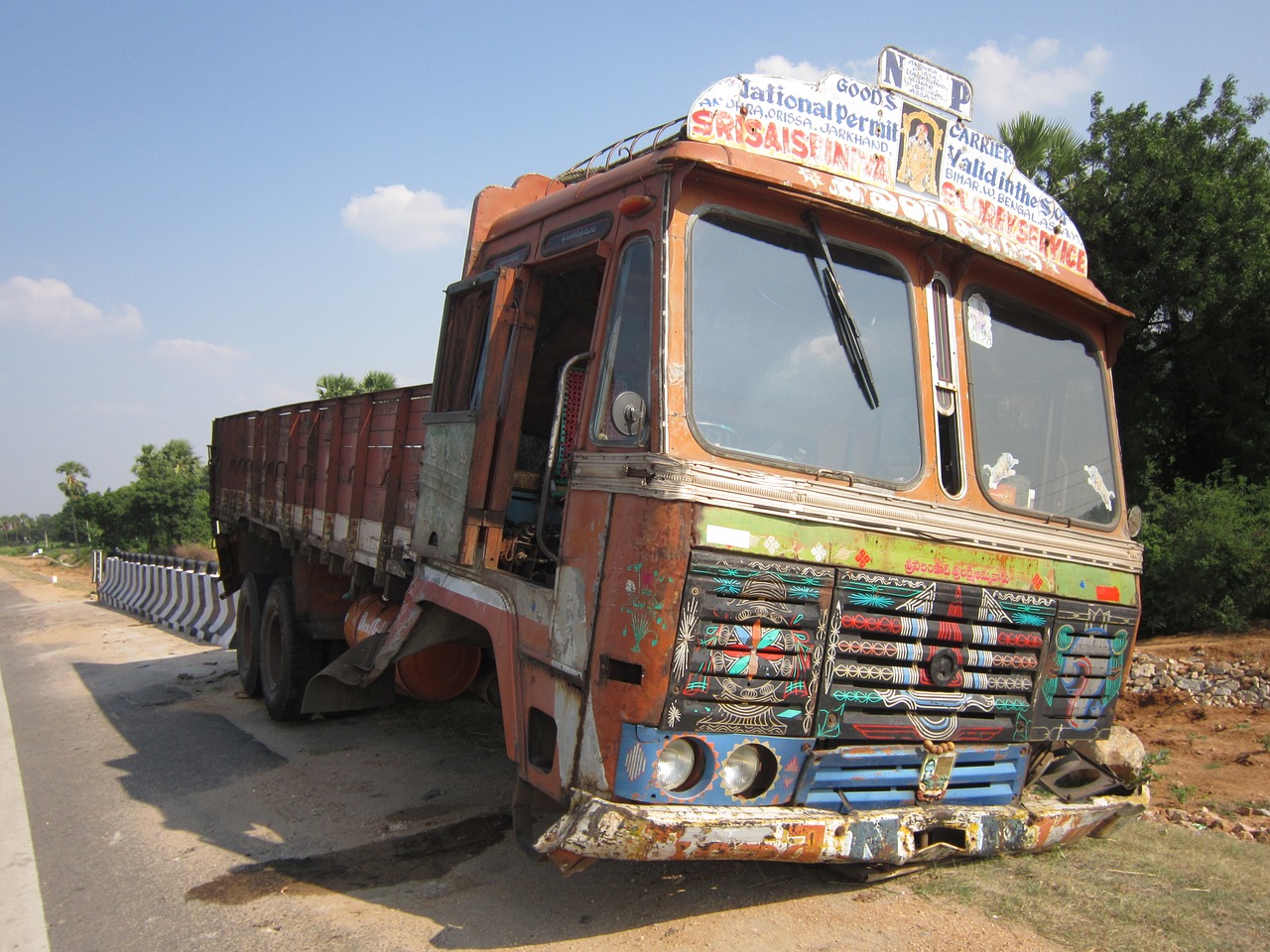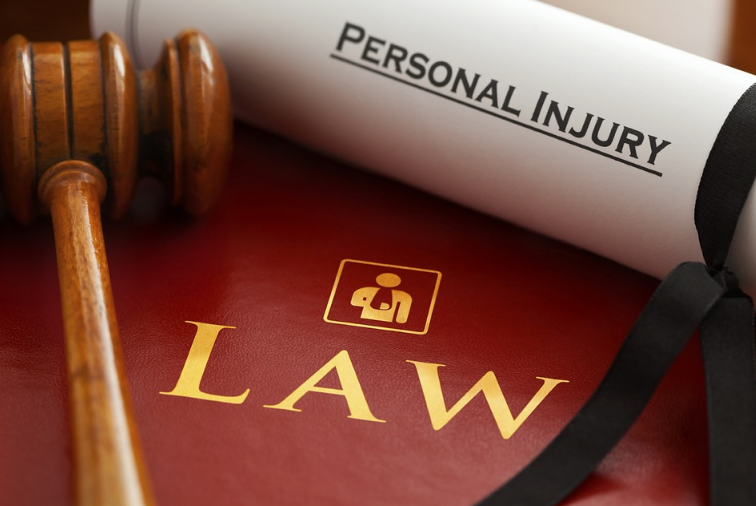Getting into a truck accident might turn your life upside down. It’s not just about the immediate impact but also the ongoing challenges—like medical bills, time off work, and the emotional toll it takes. That’s why seeking compensation with the help of a skilled semi truck accident lawyer texas is so important. It’s not just about money; it’s about getting the support you need to recover and move forward after such a traumatic event. In this article, we’ll explore the top forms of compensation that you should seek after a truck accident and why each one matters in helping you rebuild your life.
Medical Expenses
One primary form of compensation to seek after a truck accident is coverage for medical expenses. These can include hospital bills, surgeries, medication costs, rehabilitation fees, and any other medical treatment necessary due to injuries sustained in the accident. Due to the size and force involved, truck accidents usualy result in severe injuries, requiring extensive medical care. Compensation for medical expenses aims to alleviate the financial burden on the victims and ensure they receive the best treatment for their recovery.
Lost Income and Earning Capacity
Another critical aspect of compensation is reimbursement for lost income and potentially diminished earning capacity. Severe injuries from these accidents can lead to temporary or permanent disability, preventing victims from working and earning a living. Compensation for lost wages aims to provide financial support during recovery periods. Additionally, suppose injuries result in a reduced ability to work in the future. In that case, victims may seek compensation for the loss of earning capacity, considering factors such as age, occupation, and the severity of the injuries.

Pain and Suffering
Compensation for suffering and pain encompasses the physical and emotional distress experienced by victims due to the accident. Beyond tangible economic losses, truck accidents can cause significant pain, trauma, and mental anguish. This form of compensation acknowledges the non-economic impact of the accident on your quality of life, addressing factors such as physical pain, emotional distress, anxiety, loss of enjoyment of life and dipression. Calculating compensation for pain and suffering involves complex assessments and considerations of the individual circumstances of each case.
Punitive Damages
In cases where the actions of the trucking company or the truck driver are deemed incredibly reckless or egregious, victims may seek punitive damages. Unlike compensatory damages, which aim to reimburse losses, punitive damages intend to punish defendants and deter similar misconduct in the future. Factors such as intoxication, excessive speeding, or violations of safety regulations may justify punitive damages. Courts consider the severity of the misconduct and the defendant’s financial circumstances when awarding punitive damages. The aftermath of truck accidentscan leave victims facing substantial challenges, from mounting medical bills to profound physical and emotional pain. Seeking compensation is essential for helping victims rebuild their lives and regain financial stability. The top forms of compensation sought after a truck accident—medical expenses, lost income and earning capacity, pain and suffering, and punitive damages—play crucial roles in addressing the diverse impacts of such accidents.…



 When an accident involves a subject that is potential for public attention, journalists will often swarm at you before your attorney can reach you. Imagine a case where you are injured during a company’s construction project. The public certainly wants to know which one is at fault. And in that scenario, you must not fall into the trap. Tell your story only to your attorney. Even if you are going to have a press conference later, you must be under your lawyer’s care.
When an accident involves a subject that is potential for public attention, journalists will often swarm at you before your attorney can reach you. Imagine a case where you are injured during a company’s construction project. The public certainly wants to know which one is at fault. And in that scenario, you must not fall into the trap. Tell your story only to your attorney. Even if you are going to have a press conference later, you must be under your lawyer’s care.  Being in a trial in the court is exhausting and time-consuming. Injury trials can take weeks until the judgment is issued. Therefore, a capable
Being in a trial in the court is exhausting and time-consuming. Injury trials can take weeks until the judgment is issued. Therefore, a capable